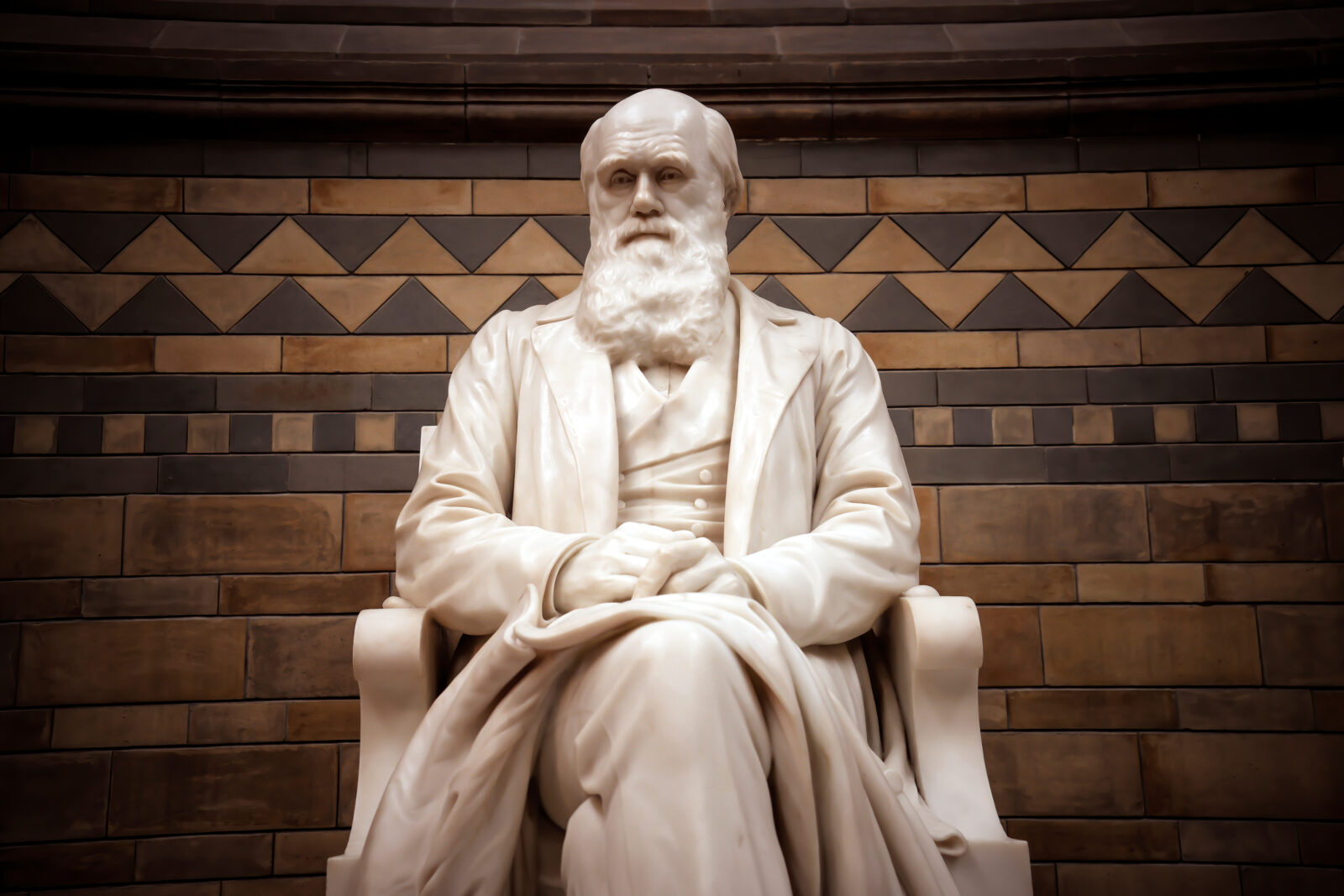


Neil Thomas Talks Darwin, Aquinas, OOL and … Young Frankenstein
On this ID the Future, Taking Leave of Darwin author Neil Thomas continues a lively conversation with radio host Hank Hanegraaff. In this second in a three-part series, the two touch on the fossil record’s challenge to Darwinism, Gould and Eldredge’s rescue attempt, the question of whether Darwin’s best known contemporary defender is dishonest or merely self-deluded, the wishful thinking surrounding origin-of-life studies, the failed attempts to reduce the mind to mere brain chemistry, and the morally repugnant pro-eugenics ideas rooted in Darwinism and touted in the textbook at the heart of the famous Scopes Monkey Trial. The conversation is posted here by permission of Hank Hanegraaff. Get Neil Thomas’s book here.

Neil Thomas and Hank Hanegraaff: An Autopsy for Darwinism
Today’s ID the Future kicks off a three-part series featuring Taking Leave of Darwin author Neil Thomas interviewed by radio host Hank Hanegraaff. In this first part, Hanegraaff begins by lauding Thomas’s book and underscoring how influential Darwin’s theory of evolution has been on Western culture. Then Thomas sketches the cultural milieu and individual motivations that he’s convinced drew Darwin toward his formulation of the theory of evolution by natural selection. Here the focus is not on the various evidential weaknesses of Darwin’s theory (which Thomas does cover in his book) but on a question that puzzled Thomas once he became convinced of just how evidentially weak the case for Darwinism was: How was it that a theory so poorly supported by the evidence (such that even some of its most ardent supporters found themselves rejecting key aspects of it) nevertheless came to dominate the academy? Tune in to find out what Thomas ultimately concluded from his autopsy of the theory and its early reception, and stay tuned for episodes two and three. This audio material is used by permission of Hank Hanegraaff. Thomas’s book is available here.

Author Neil Thomas Takes Leave of Darwin, Pt. 2
On this ID the Future, Taking Leave of Darwin author Neil Thomas and host Jonathan Witt continue their conversation about Thomas’s journey from Darwinian materialism to theistic humanism and a thorough skepticism of Darwinian theory. Here Thomas links the heroic posturing of modern atheists Richard Dawkins and Bertrand Russell, on the one hand, and on the other, the heroic fatalism of poetry stretching back to the early Middle Ages and, further still, to the ancient Greeks. Thomas also draws a link between the animistic thinking of much ancient pagan thought and the magical powers attributed to the Darwinian mechanism. Thomas explains why he now views the latter as essentially “crypto-animism.” In their wide-ranging conversation, Thomas and Witt also touch on contradictions in Darwin’s treatment of natural selection, the tug-of-war between the paleontologists and the geneticists in the evolutionist community (and how their battle points to a conclusion neither side appears willing to consider), and insights proffered by figures as diverse as British philosopher Antony Flew and celebrated American novelist John Updike. Thomas’s new book is available for purchase here.